In this novel of family and redemption, a mother struggles to save her eighteen-year-old daughter from the devastating consequences of mental illness by forcing her to deal with her bipolar disorder. New York Times best-selling author Bebe Moore Campbell draws on her own powerful emotions and African-American roots, showcasing her best writing yet.
Trina suffers from bipolar disorder, making her paranoid, wild, and violent. Watching her child turn into a bizarre stranger, Keri searches for assistance through normal channels. She quickly learns that a seventy-two hour hold is the only help you can get when an adult child starts to spiral out of control. After three days, Trina can sign herself out of any program.
Fed up with the bureaucracy of the mental health community and determined to save her daughter by any means necessary, Keri signs on for an illegal intervention. The Program is a group of radicals who eschew the psychiatric system and model themselves after the Underground Railroad. When Keri puts her daughter’s fate in their hands, she begins a journey that has her calling on the spirit of Harriet Tubman for courage. In the upheaval that follows, she is forced to confront a past that refuses to stay buried, even as she battles to secure a future for her child.
Bebe Moore Campbell’s moving story is for anyone who has ever faced insurmountable obstacles and prayed for a happy ending, only to discover she’d have to reach deep within herself to fight for it.
From the Hardcover edition.
The Washington Post – Nancy Rawles
In 72 Hour Hold Campbell is particularly compelling in her depictions of substance abuse, attempts to self-medicate and the use of prisons as mental institutions. She seems to be saying to anyone who”ll listen: It”s biology and chemistry, get it? It”s not about demonic possession or bad parenting. It”s about accessible, affordable, ample and aggressive health care. To some extent, this is a novel for policymakers. It reveals the pain behind the statistics, the bewilderment of repetitive loss, the ebb and flow of hope against hope and, finally, the necessity of acceptance. It deserves a wide audience and the honest, open discussion that Campbell hopes to encourage.

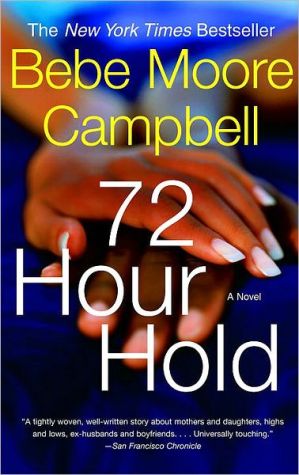
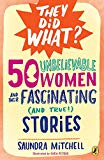


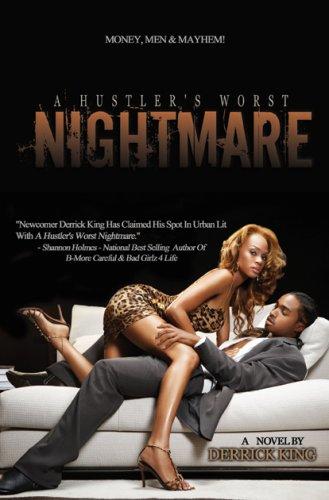



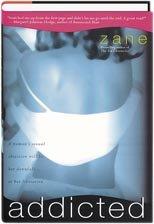
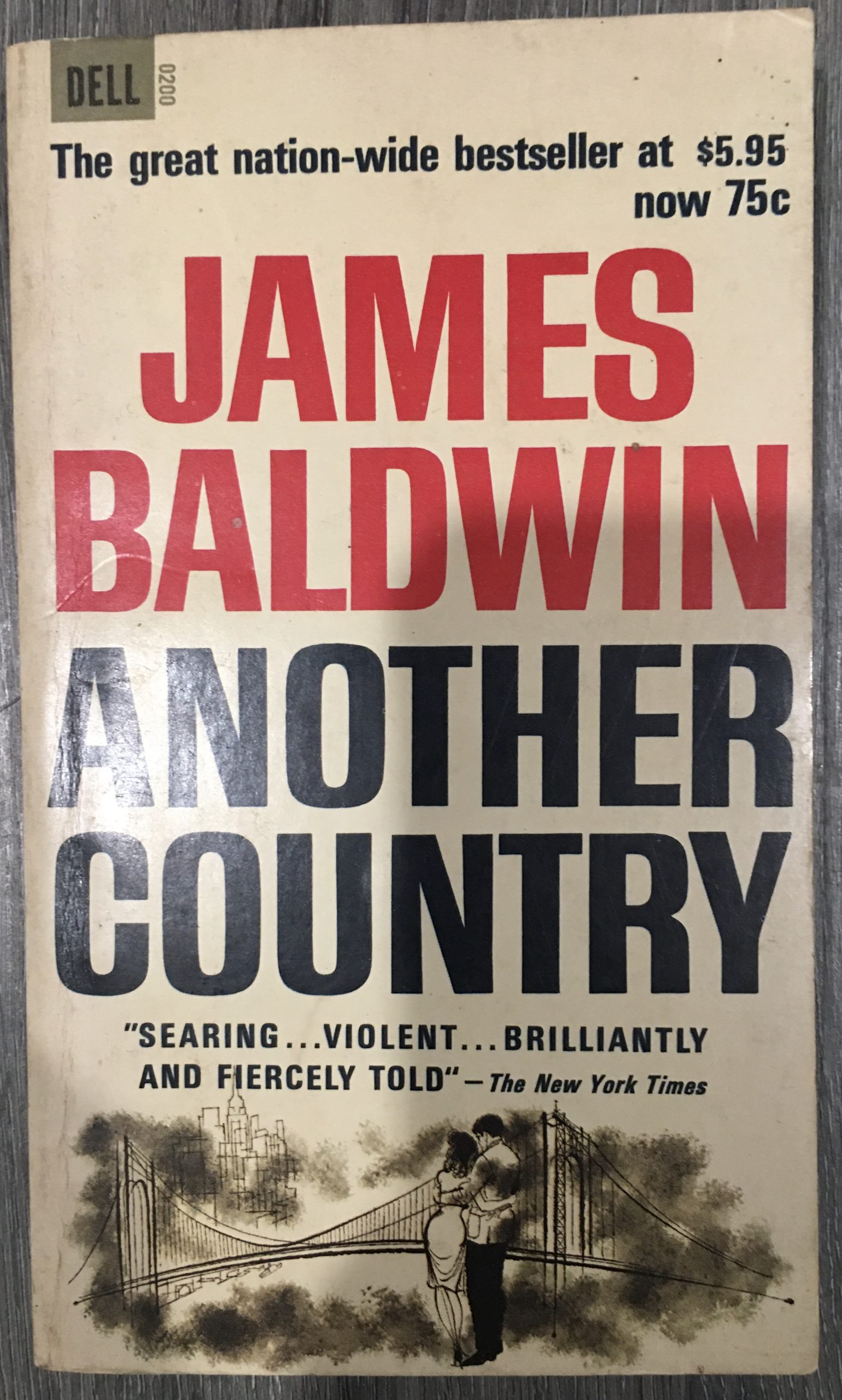
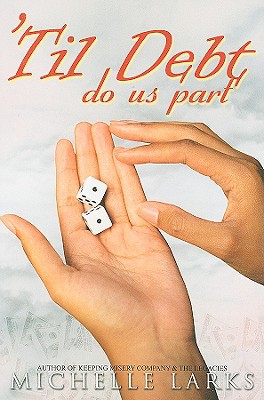
Reviews
There are no reviews yet.